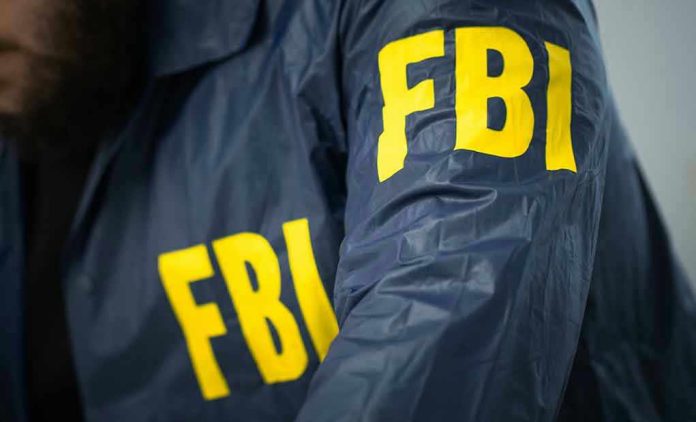
Revelations that Biden’s FBI conducted unauthorized surveillance on Republican senators have reignited urgent calls to restore constitutional protections and rein in unchecked government power.
Story Snapshot
- FBI surveillance of GOP senators under Biden highlights alarming gaps in phone privacy laws.
- Conservative lawmakers are pushing for strict warrant requirements to safeguard Americans’ Fourth Amendment rights.
- Many Americans see this as a wake-up call to address government overreach and protect individual liberty.
Biden-Era FBI Surveillance Sparks Outrage Among Conservatives
Reports confirming that Biden’s FBI spied on sitting Republican senators have deeply unsettled conservatives across the nation. The surveillance targeted lawmakers without clear evidence of criminal wrongdoing, exposing how current laws fail to adequately protect private phone data. This incident has fueled widespread frustration among those who believe the federal government has repeatedly overstepped its bounds, especially when targeting political rivals and dissenters. For many, this situation exemplifies a broader pattern of disregard for constitutional rights and due process.
Renewed Push for Stronger Phone Surveillance Laws
In response to these revelations, conservative lawmakers are urgently calling for robust reforms. Key voices in Congress are advocating for legislation that would explicitly require the FBI and other federal agencies to secure a warrant before accessing Americans’ phone records. They argue that, regardless of how the Supreme Court interprets the Fourth Amendment, Congress has the authority—and the duty—to strengthen privacy protections through statute. Supporters contend that clear, enforceable warrant requirements are essential to prevent future abuses of government surveillance powers.
Implications for the Fourth Amendment and Individual Liberty
The FBI’s actions during the Biden administration have brought the Fourth Amendment back into the national spotlight. Many Americans now question whether longstanding protections against unreasonable search and seizure have been eroded by unchecked surveillance practices. Constitutional scholars and liberty advocates warn that if Congress fails to act, federal agencies may continue to exploit legal loopholes, undermining the very freedoms the Constitution is meant to secure. This debate has galvanized conservatives who view privacy as a cornerstone of American liberty and a central tenet of limited government.
Calls to Prevent Future Government Overreach
Conservatives see this episode as an opportunity to reclaim ground lost to years of bureaucratic expansion and progressive policy overreach. They urge lawmakers to enact firm legal safeguards that will prevent any administration—regardless of party—from weaponizing surveillance tools against political opponents or ordinary citizens. Many argue that restoring public trust requires not only legislative action but also greater transparency, oversight, and accountability for intelligence agencies. The consensus among the conservative base is clear: government must serve the people, not monitor and intimidate them.




